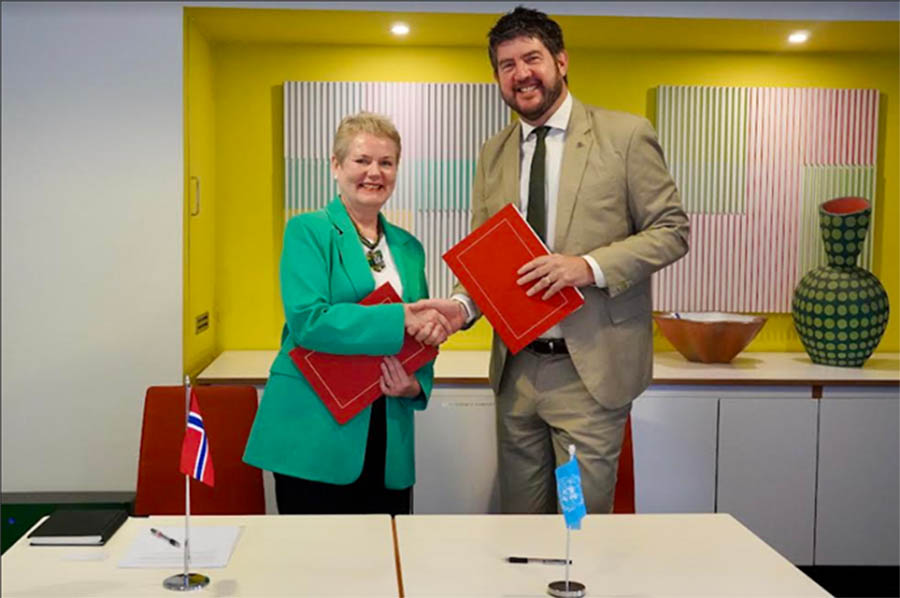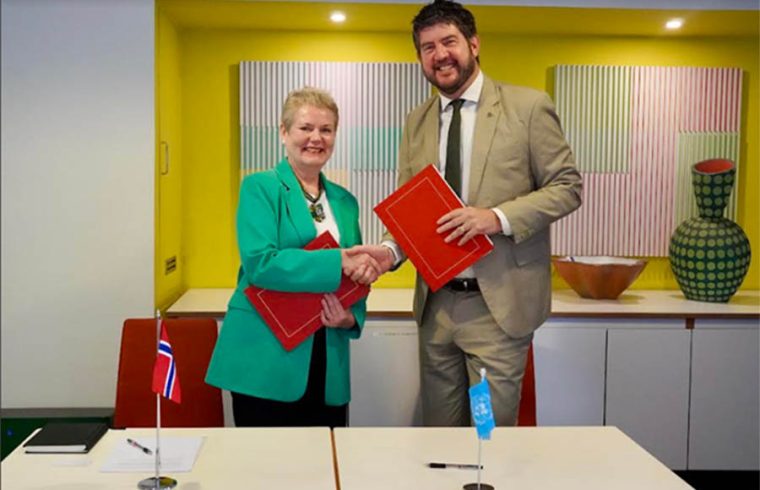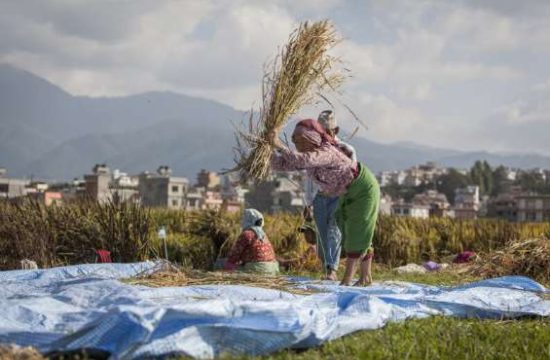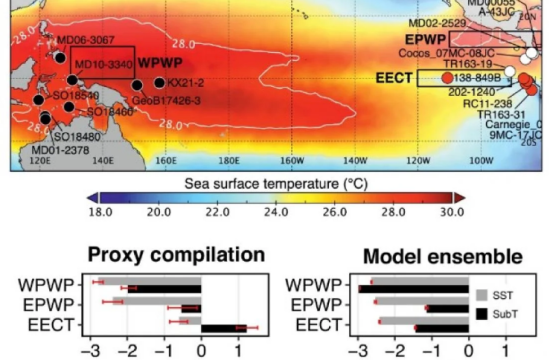
Kathmandu: The United Nations Educational, Scientific and Cultural Organization (UNESCO) and the United Nations Children’s Fund (UNICEF), with support from Norway, have joined hands for a three-year project to strengthen Nepal’s school education system’s response to climate change.
The collaboration signifies a pivotal step towards addressing the impacts of climate change locally. The aim is to ensure that schools are resilient to the impacts of climate change and that the country’s children and youth, starting at the school level, are provided with the essential knowledge, tools, and skills needed to guide the country toward a more sustainable future.
Speaking at the project signing and commencement event, HE Torun Dramdal, Norwegian Ambassador to Nepal, said, “This project highlights the interconnectedness of the climate crisis and the learning crisis in Nepal. At the same time, it provides us the opportunity to support the sector from both mitigation and adaptation perspectives.”
Funded by the Norwegian Embassy, this comprehensive effort aims to strengthen schools’ resilience and empower students, educators, schools, and the three tiers of government with a proficient understanding of the environmental challenges they will face due to the climate crisis. The key to ultimately reducing and eradicating the effects of climate change is to integrate elements of targeted climate action into the education system.
Michael Croft, UNESCO Representative to Nepal, referring to the recent visit of the UN Secretary-General and his call for greater effort around climate change, stressed that “This initiative is important beyond its scope, for it lays the foundation for wider action and will do much to enable a common approach under national leadership.”
The main objective of the joint project is to support Nepal in developing a climate-smart, green, and resilient education system through conducive policies and guidelines and to foster adaptation and mitigation measures at the school level through the establishment of model schools. As it will be implemented in three provinces, the project will be rigorously evaluated to gauge its effectiveness and potential for scalability.
Alice Akunga, UNICEF Representative to Nepal, emphasized, “This partnership exemplifies the crucial role education plays in addressing the climate crisis. It’s an investment in the future of Nepal’s children and youth, equipping them with the knowledge and skills needed to thrive in a rapidly changing world.”
The joint project demonstrates the United Nations and Norway’s continuous efforts to tackle and mitigate the climate crisis. The project aims to ensure that education serves as a potent tool to address climate change and mitigate the risks it has created for education and children’s learning. The project commences at a crucial juncture as addressing climate change has emerged as a top priority for governments, both globally and locally, recognizing its intricate ties to poverty reduction, health, food security, and economic development.








